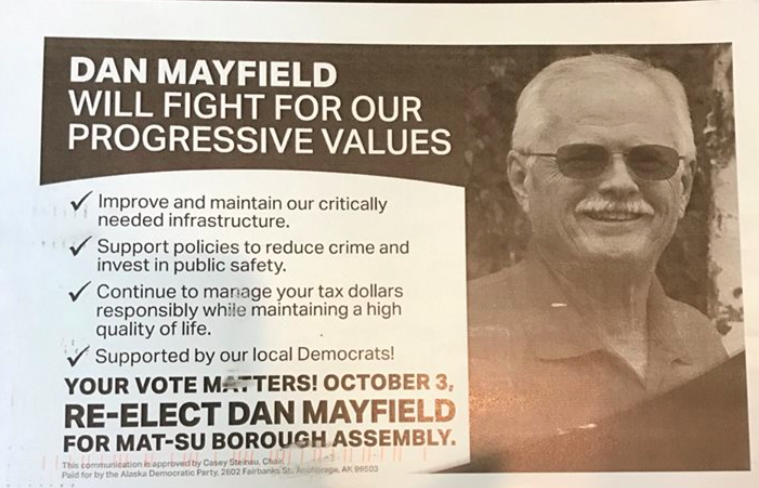Anchorage Mayor Ethan Berkowitz has had a tough few months. Crime reached new highs undre his watch, with a murder rate on track to set yet another record this year and a nearly 50 percent increase in auto thefts.
With a liberal-dominated Assembly, Mayor Berkowitz raised taxes on homeowners by 5.3 percent, costing them an average of $250 more per year.
Berkowitz reverted to his old glib self in the media, saying he doesn’t worry about North Korea bombs as much as he worries about bears and moose, and telling people they’re safe as long as they don’t go out after midnight. He had to walk back that statement as insensitive after public backlash.
It was the same foot-in-mouth Berkowitz who, as a candidate once said on the radio: “I support the idea of adults being able to choose who they have a relationship with,” he says. “Father and son should be allowed to marry, if they’re both consenting adults — if you’re defining marriage as the bundle of rights and privileges that’s now accrued to people, then yes.”
The liberal mayor’s homeless initiative has not made a dent on the streets, although he has dedicated significant municipal resources to it. About the same number of people are living in urban encampments as when he took office. This past week it hit another crisis point when one business owner started blaring horns to get homeless people to vacate the area.
Berkowitz has focused more on Anchorage being a “welcoming” city than growing a livable city as he has joined the “resist” movement to rebuke the new president’s campaign against illegal immigration.
But it’s all just not working.
With an election looming in April, Berkowitz is doing what any good politician in trouble would: Scaling back on the property taxes he hiked last year.
He’s going to make up the difference with a gasoline tax to be introduced to the Anchorage Assembly by fellow Democrat and Assembly Chair Dick Traini.
There’s also new revenue from cannabis taxes and other fees.
The 10-cents-a-gallon gas tax is equivalent to a nearly 4 percent tax on gasoline, and would raise as much as $11.7 million. Some of that will come from valley commuters, others from tourists, and still more from the business community.
The 2018 operating budget will be introduced at the Oct. 10 Assembly Meeting, with a public hearing on Oct. 24 at 5 pm.
Berkowitz faces at least one challenger in April: Rebecca Logan, who filed last week as a candidate for mayor. She is the president of the Alaska Support Industry Alliance, a trade organization based in Anchorage and, as such, is seen as a pro-business, efficient government alternative to a struggling mayoral incumbent.






